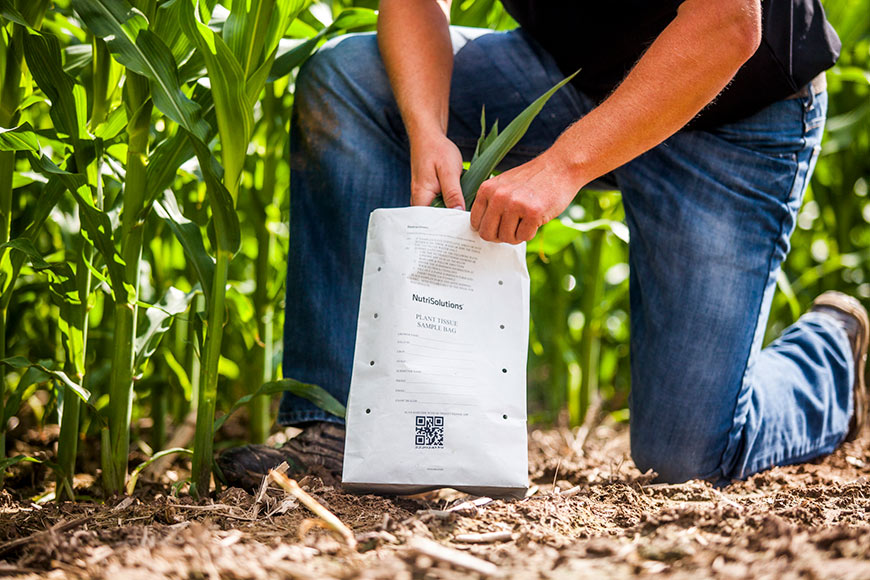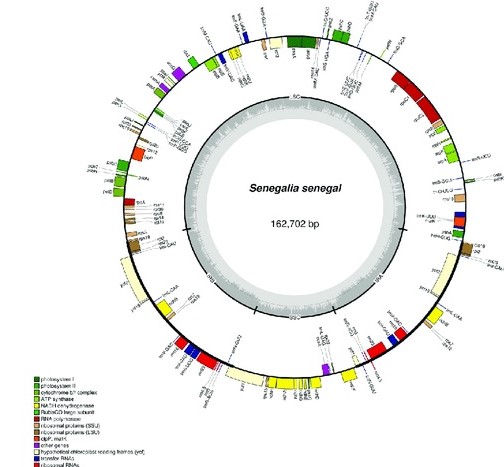Methods
Summary
Our research team is going to analysis nucleic acid informations in chloroplasts of target plants. In this analysis, we are going to use PCR, Electrophoresis, etc. After this analysis, we are going to figure out more exact mechanisms of how IR sequence is made, and the relationship between IR sequence and deciduousness and the presence of rhizobium.
Challenges
- Senegalia senegalia and its 5 sister group plants are not found in South Korea. Thus it's expected to take long to obtain those plants.
- In our research institute(Yeungnam University), equipments and machines are limited for analysis. Thus, we need to check each requirements and buy machines or equipments.
- Especially sequencing plants is harder enough than sequencing animals, and more likely to occur error or be contaminated while processing.
Pre Analysis Plan
1. Sampling the target plants
Our research team is going to process sampling on Senegalia senegal and its 5 sister group species first.
- *For who doesn't know what 'sampling' means* :
What is a sampling in biology?

Sampling is a way of getting a quantitative (numerical) measurement which is an estimate of the actual number. It involves finding the average number of organisms of a species in a particular area and then multiplying this by the total area being studied.
2. Searching other academic papers

- It's almost obligatory for most of researchers to find another research papers published before, related to their research subject.
Protocols
Browse the protocols that are part of the experimental methods.
